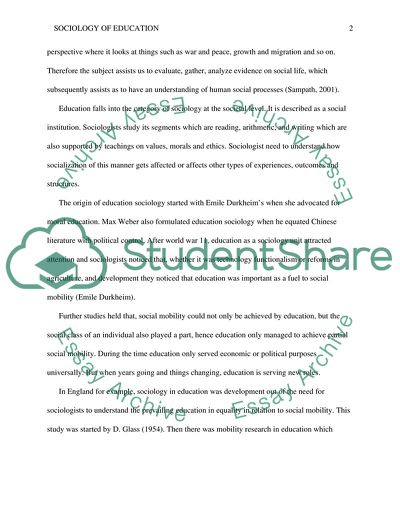Cite this document
(“The Sociology of Emotion Research Paper Example | Topics and Well Written Essays - 2250 words”, n.d.)
The Sociology of Emotion Research Paper Example | Topics and Well Written Essays - 2250 words. Retrieved from https://studentshare.org/sociology/1636870-the-sociology-of-emotion
The Sociology of Emotion Research Paper Example | Topics and Well Written Essays - 2250 words. Retrieved from https://studentshare.org/sociology/1636870-the-sociology-of-emotion
(The Sociology of Emotion Research Paper Example | Topics and Well Written Essays - 2250 Words)
The Sociology of Emotion Research Paper Example | Topics and Well Written Essays - 2250 Words. https://studentshare.org/sociology/1636870-the-sociology-of-emotion.
The Sociology of Emotion Research Paper Example | Topics and Well Written Essays - 2250 Words. https://studentshare.org/sociology/1636870-the-sociology-of-emotion.
“The Sociology of Emotion Research Paper Example | Topics and Well Written Essays - 2250 Words”, n.d. https://studentshare.org/sociology/1636870-the-sociology-of-emotion.


